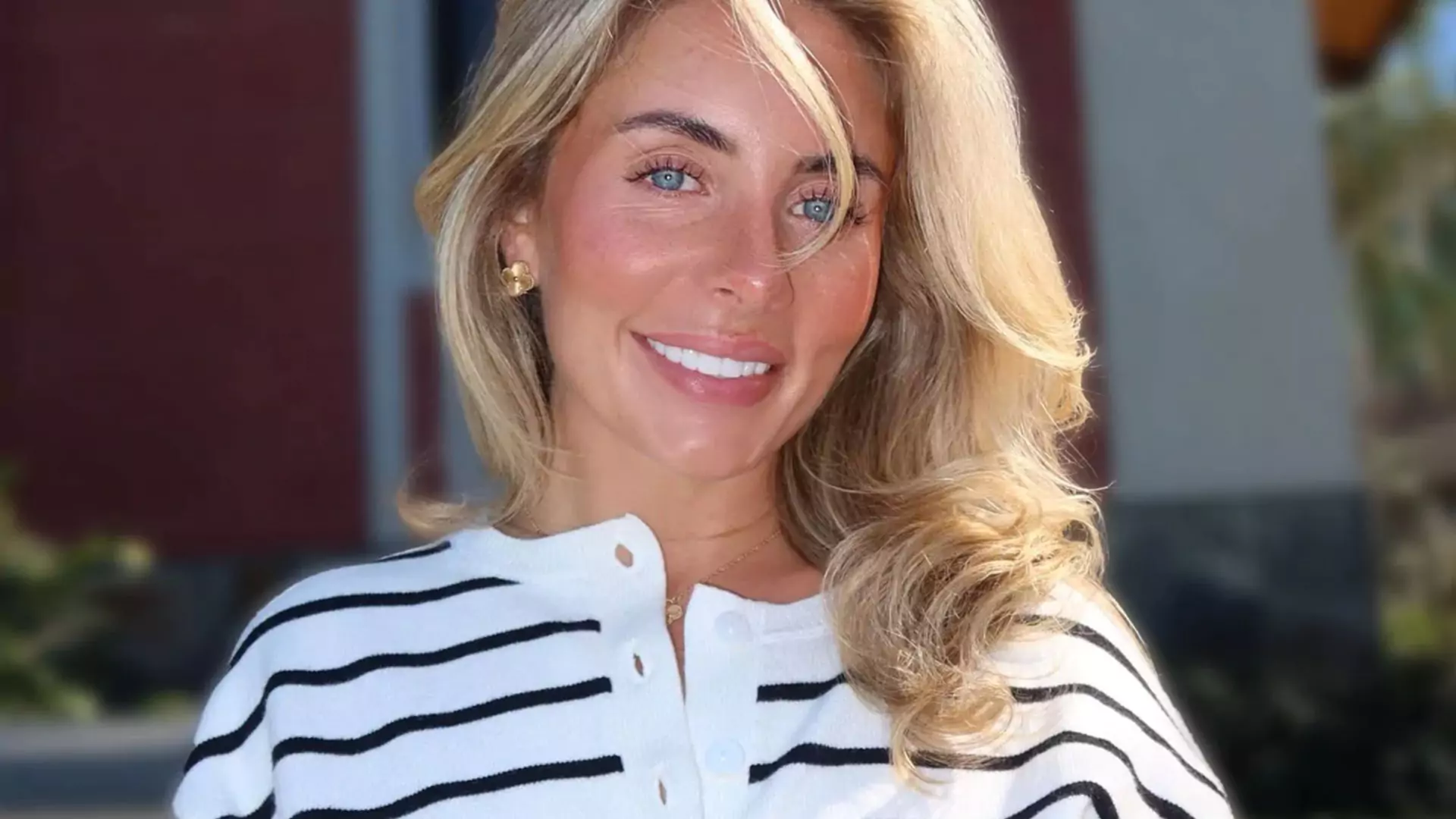The Lok Sabha on Tuesday granted an extension to the 39-member Joint Parliamentary Committee (JPC) reviewing two bills that propose holding simultaneous state and national elections. The committee now has until the first day of the last week of the monsoon session to submit its final report.
This development coincided with Attorney General R. Venkatramani’s endorsement of the plan before the JPC, stating that the proposed legislation does not violate any constitutional principles and is legally sound, according to sources familiar with the matter.
What Are the Two Bills Under Review?
The JPC is currently examining:
- The Constitution (One Hundred and Twenty-Ninth Amendment) Bill, 2024 – This bill aims to synchronize Lok Sabha and state assembly elections across the country.
- The Union Territories Laws (Amendment) Bill, 2024 – This seeks to align the assembly elections of Delhi, Jammu and Kashmir, and Puducherry with national elections.
Venkatramani argued that both bills were well-structured and did not require further modifications. However, former Delhi High Court Chief Justice D.N. Patel offered a differing perspective, suggesting that additional constitutional amendments might be necessary.
Diverging Views on the Bill’s Implications
The JPC, chaired by senior BJP lawmaker P.P. Chaudhary, has been actively reviewing the legal and political ramifications of One Nation One Election (ONOE). Chaudhary said, “We received very good inputs and information… One Nation One Election is in the best interests of the nation… The next meeting will be held on April 2.”
Justice Patel, currently heading the Telecom Disputes Settlement and Appellate Tribunal, expressed support for the idea but highlighted that at least eight additional constitutional amendments would be needed to make the bill more effective.
Trinamool Congress MP Kalyan Banerjee, a vocal critic of the bill, challenged Patel’s stance, pointing out that the government had not proposed these additional amendments. Patel, in response, said he was merely raising practical concerns. Banerjee then brought up Article 368 of the Constitution, which outlines the procedure for amendments, arguing that the ruling National Democratic Alliance (NDA) lacked the required parliamentary numbers to pass such a major constitutional revision.
Challenges to Implementing Simultaneous Elections
Justice Patel acknowledged key challenges in implementing the ONOE plan, including:
- Federalism concerns – The impact on state autonomy could be significant.
- National vs. regional issues – A risk that national concerns may overshadow local governance matters.
- Need for additional constitutional changes – Some assemblies may require term extensions or curtailments to align their election schedules with the Lok Sabha elections.
Meanwhile, Congress leader Priyanka Gandhi Vadra questioned whether comparisons with countries like Sweden and Belgium—cited as examples of simultaneous elections—were relevant to India’s vastly different political landscape. She also pointed out that no comprehensive study had been conducted to substantiate the claimed benefits of simultaneous elections.
Attorney General Clarifies His Role
Venkatramani emphasized that his opinions were independent of the government’s stance. “I am the Attorney General of India, not of the government,” he reportedly told committee members, assuring them that he would submit detailed responses to any further queries they had.
Political Divide on One Nation One Election
Chaudhary reiterated that simultaneous elections were in the nation’s interest and that the committee was carefully evaluating the best way to implement them. He noted that inputs from legal experts would shape the final recommendations.
The Union Cabinet had approved the recommendations of a panel led by former President Ram Nath Kovind on September 18, 2023, setting the groundwork for ONOE. However, for the plan to materialize, multiple laws must be amended, and with many state governments opposed to the idea, passing the necessary changes in Parliament remains a challenge.
So far, 32 political parties—including the Shiv Sena, Biju Janata Dal, and YSR Congress—have supported the idea, while 14 parties—including the Congress, Trinamool Congress, and DMK—have strongly opposed it. Critics argue that simultaneous elections would favor dominant national parties, particularly the BJP, and undermine federalism.
In his letter to the Kovind panel, Congress President Mallikarjun Kharge voiced concerns that ONOE violates the principles of federalism and criticized the panel’s composition as being biased.
Top Legal Minds Provide Inputs
Several top jurists, including former Chief Justices of India U.U. Lalit and Ranjan Gogoi, as well as senior advocate Harish Salve, have shared their insights with the JPC on the proposed legislation.
With five meetings held so far, the JPC continues to deliberate on the framework for simultaneous elections, but significant political and legal hurdles remain before the idea can become a reality.






















